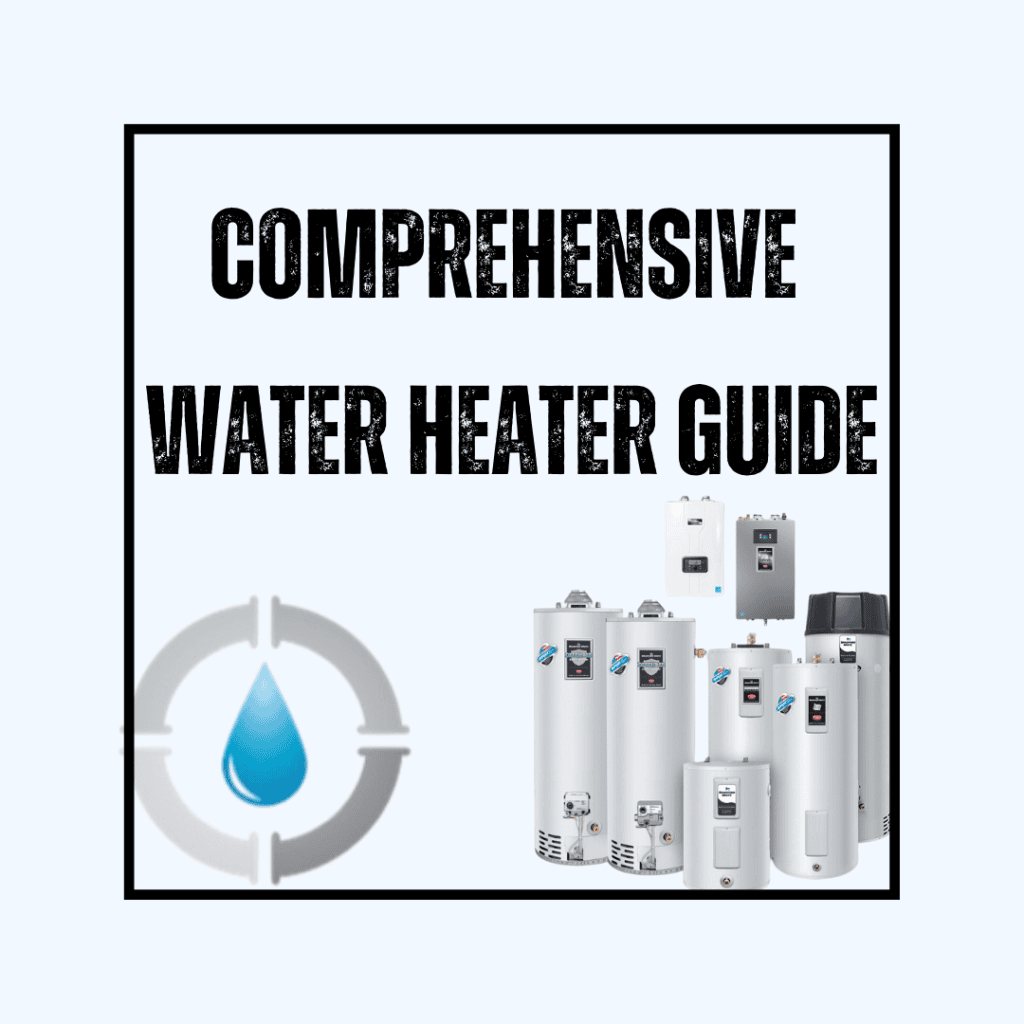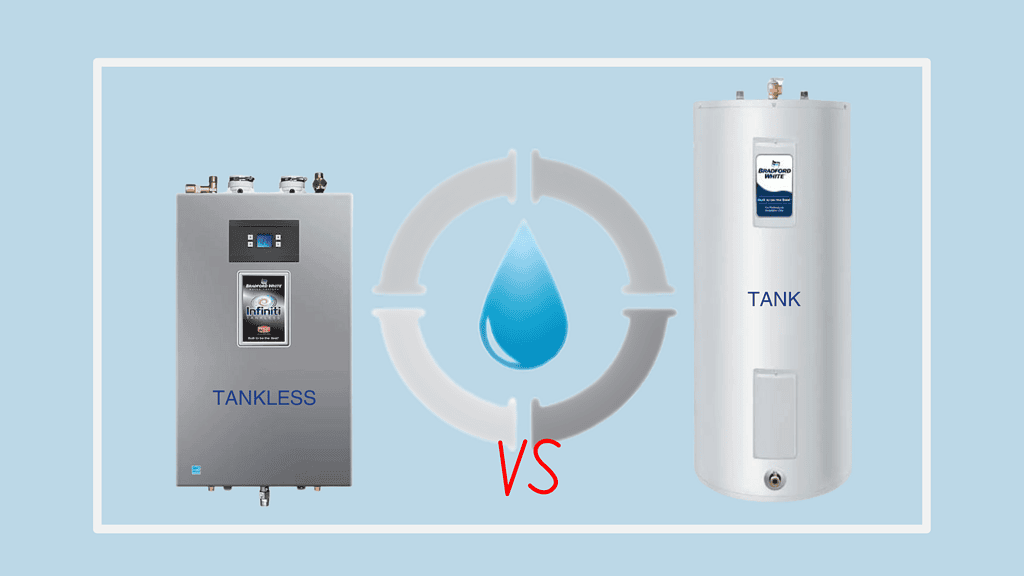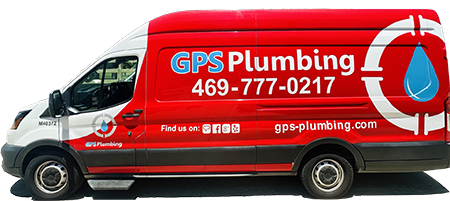
Your Complete Guide to Choosing and Maintaining a Water Heater
Choosing the right water heater is one of the most important decisions for your home’s comfort, efficiency, and cost-effectiveness. This Comprehensive Water Heater Guide is your go-to resource for understanding the different types of water heaters, how to choose the right one for your home, and how to maintain it for optimal performance. With various types of water heaters available—each with unique advantages, energy consumption rates, and maintenance needs—this Comprehensive Water Heater Guide will help you navigate the options and find the best fit for your household. We’ve included essential tips for selecting, maintaining, and upgrading your water heater, along with links to detailed articles that provide further insights.
Types of Water Heaters
In this Comprehensive Water Heater Guide, we explore the different types of water heaters, from traditional tank water heaters to modern tankless systems.
Tank Water Heaters
Tank water heaters are the traditional choice, storing and heating a large volume of water continuously. They’re ideal for larger households with high hot water demand.
- Pros: Lower initial cost, reliable for homes that require large amounts of hot water at once.
- Cons: Higher energy consumption since the water is heated continuously, takes up more space, and can run out of hot water during high usage periods.
- Energy Efficiency: Standard tank water heaters are less efficient than tankless or heat pump models, but newer high-efficiency models are available. We recommend Bradford White for reliable, high-performance tank water heaters.
Tankless (On-Demand) Water Heaters
Tankless water heaters heat water only when needed, offering significant energy savings and a compact design perfect for homes with limited space.
- Pros: Provides endless hot water, energy-efficient, saves space, and has a longer lifespan (up to 20 years).
- Cons: Higher upfront cost, may require additional units for larger homes or high simultaneous demand.
- Energy Efficiency: Tankless water heaters are highly efficient, using less energy because they only heat water as needed.
- Smart Technology: Many tankless systems come equipped with smart technology, allowing homeowners to monitor energy usage and adjust settings remotely.We trust Rinnai, Navien, and Bradford White for high-quality, energy-efficient tankless water heaters.Learn more about maintaining tankless water heaters in our guide: Tankless Water Heater Maintenance Tips
Heat Pump Water Heaters
Heat pump water heaters are one of the most energy-efficient options on the market, using electricity to transfer heat from the air or ground to heat water.
- Pros: Lower operating costs, highly efficient, reduces your carbon footprint.
- Cons: Higher upfront cost, requires more space for installation, performance may drop in colder climates.
- Energy Efficiency: Heat pump water heaters can save homeowners significant amounts on their energy bills over time due to their use of ambient heat.
- Environmental Impact: These are a great option for eco-conscious homeowners looking to reduce their environmental footprint.
Condensing Water Heaters
Condensing water heaters operate similarly to traditional tank systems but use exhaust gases to heat water, improving their efficiency.
- Pros: Highly efficient, lower energy bills, ideal for homes that use gas heating.
- Cons: Higher upfront cost, requires a more complex installation and proper ventilation.
- Energy Efficiency: These systems are a great option for homes using gas, offering improved efficiency by repurposing exhaust heat.
Solar Water Heaters
Solar water heaters use the sun’s energy to provide an eco-friendly solution for hot water needs. They are particularly effective in sunny climates.
- Pros: Reduces your carbon footprint, long-term savings on energy bills.
- Cons: High upfront cost, dependent on weather and sunlight availability.
- Energy Efficiency: Solar water heaters are the most eco-friendly option, and while initial costs are higher, the long-term energy savings can be substantial.
Our Certified Expertise: Navien, Bradford White, and Rinnai Installations
As of 2025, GPS Plumbing is proud to be certified installers for Navien, Bradford White, and Rinnai water heaters. Whether you’re upgrading to a tankless model or installing a new high-efficiency tank water heater, our certified team ensures professional, reliable installation that protects your system’s warranty.
Water Quality and Its Impact on Water Heater Lifespan
The quality of water in your area plays a critical role in the lifespan and performance of your water heater. In regions with hard water, such as much of Texas, mineral buildup (scale) can affect your water heater’s efficiency and longevity. Installing a water softener or regularly flushing your water heater can mitigate these issues.
Learn more about protecting your water heater in our blog: Why Water Heaters Leak

Detailed Comparison: Tank vs. Tankless Water Heater
Choosing between a tank and tankless water heater involves considering factors like household size, energy use, and space availability. Here’s a comparison of both:
- Size: Tankless water heaters are compact and wall-mounted, ideal for homes with limited space. Tank water heaters require dedicated storage space.
- Cost: While tankless water heaters have a higher upfront cost, they are more energy-efficient, resulting in lower long-term operational costs. Tank systems have lower initial costs but consume more energy over time.
- Capacity: Tankless water heaters provide an endless supply of hot water but may struggle with simultaneous usage in larger homes. Tank systems store a fixed volume of water, which can run out during peak usage.
- Lifespan: Tankless water heaters last around 20 years, while tank water heaters typically last 8-12 years.
- Flood Risk: Tankless systems pose minimal flood risk, as they don’t store water. Tank water heaters have a higher risk of leaks or ruptures, especially as they age.
For a deeper dive into choosing the right water heater for your home, check out: Choosing the Right Water Heater for Your Home
Safety Tips for Your Water Heater
Safety is key when it comes to water heater installation and maintenance. Here are a few important tips:
- Pressure Relief Valves: Ensure your water heater has a functioning pressure relief valve to prevent excessive pressure buildup, which can cause the tank to rupture.
- Temperature Settings: Keep your water heater’s thermostat at 120°F (49°C) to prevent scalding and reduce energy consumption.
- Shutting Off Water in Emergencies: It’s crucial to know how to shut off the water supply to your water heater in case of a leak or emergency.Learn more about shutting off your water heater in our blog: How to Shut Off Water to Your Water HeaterWatch our YouTube video for a step-by-step guide on turning off a tank water heater: YouTube Video
Maintenance Tips for Water Heaters
To ensure your water heater operates efficiently and to avoid voiding the warranty, it’s important to follow the manufacturer’s maintenance recommendations. Proper maintenance will also extend the lifespan of your water heater and keep it running efficiently.
- Annual Inspections: Have a professional plumber inspect your water heater for leaks, corrosion, and proper function.
- Flush the Tank: For traditional tank water heaters, flush the system annually to remove sediment buildup and maintain efficiency. Be sure to follow the manufacturer’s maintenance guidelines to prevent voiding your warranty.
- Check the Anode Rod: Regularly inspect the anode rod and replace it when necessary to prevent tank corrosion. We recommend Bradford White for standard tank water heaters and Rinnai, Navien, and Bradford White for tankless water heaters. These brands are known for their reliability and long-term performance.
Financing Options for Water Heater Installation
At GPS Plumbing, we understand that replacing or upgrading a water heater is a significant investment. That’s why we offer flexible financing options through Wisetack, allowing you to upgrade your home’s water heating system without breaking the bank.
Get Expert Water Heater Advice and Installation
Choosing the right Water Heater and maintaining it properly can greatly improve your home’s comfort, reduce energy costs, and prevent unexpected repairs. Whether you’re looking for a traditional tank system, an energy-efficient tankless model, or an eco-friendly solar solution, we hope this guide has provided you with valuable insights. For more detailed information, explore our related blog posts or contact GPS Plumbing at 469-777-0217 for expert advice and installation.
✨ Updated for 2025 to bring you the latest information on water heater technology, maintenance, and energy-saving options. ✨
Suggested Reading:

